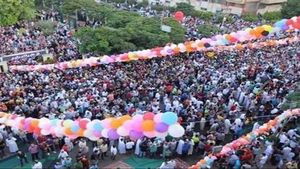As of March 26, 2025, it has been 103 days since the Constitutional Court of South Korea received the impeachment case against President Yoon Suk-yeol. However, the court has yet to announce a date for the verdict, leading to growing public skepticism and criticism regarding the delay. This situation has sparked protests among supporters of President Yoon, who gathered outside the Constitutional Court in Jongno-gu, Seoul, demanding the dismissal of the impeachment charges.
According to reports, the court is expected to announce the verdict date on Thursday, March 27, 2025, which is the last Thursday of the month. Yet, analysts speculate that the announcement may be postponed again, pushing the verdict into April. The Constitutional Court has a history of rarely postponing verdicts; since 1995, it has only done so once and has never issued a verdict three times in one week. This raises concerns that the court is deliberately delaying its decision.
On March 26, 2025, the court did not announce the verdict date, effectively pushing the timeline for a decision into next week. Legal experts suggest that if the court does not confirm the date by March 26, the verdict may not come until early April. The judges have been deliberating almost daily since the final hearing on March 25, but no conclusion has been reached yet.
Adding to the complexity of the situation is the recent ruling in the case against Democratic Party Representative Lee Jae-myung, who was acquitted of charges related to the Public Official Election Act. This verdict has intensified political scrutiny on the Constitutional Court, with the opposition demanding a swift resolution to the impeachment trial of President Yoon. The Legislative and Judicial Committee of the National Assembly passed a resolution on March 26, urging the court to expedite the verdict date, emphasizing that the prolonged uncertainty is contributing to economic turmoil and public unease in South Korea.
Reverend Shin Kyung-ha, a former president of the Korean Methodist Church Council of Bishops, expressed hope that the Constitutional Court would deliver a fair judgment. He noted the importance of trusting the court's decision-making process, especially in light of the social chaos surrounding the impeachment trial. "We must believe in the court's ability to make the right judgment. The world is watching, and our citizens are aware of the facts," he stated.
Despite calls for a swift resolution, some members of the ruling party have raised concerns about the validity of the evidence presented during the impeachment trial. Lawmaker Song Seok-joon from the People Power Party remarked on the need for the court to recognize potential biases in the testimonies presented. He argued that if the trial is to be conducted properly, it should be resolved quickly, but he also pointed out that many testimonies have been compromised.
As the political landscape continues to evolve, the timing of the Constitutional Court's verdict is critical. Legal experts have pointed out that if the verdict is delayed until April, it could coincide with the retirement of judges Moon Hyung-bae and Lee Mi-sun on April 18, raising fears that the trial could be further prolonged. This has led to speculation that the court may be strategically timing its decision to avoid political backlash, particularly in light of the recent acquittal of Lee Jae-myung.
In an interview with MBC Radio, constitutional scholar Lee Beom-joon criticized the ruling party's claims that the impeachment trial's outcome would mirror the recent verdict in Lee Jae-myung's case. He described this reasoning as a "fallacy of analogical reasoning," arguing that each case should be judged on its own merits and not compared to unrelated matters. Lee emphasized that the opinions of the judges should not be viewed as aligned with any political party, and he expressed confidence that the court would issue a fair ruling.
The ongoing situation has led to heightened tensions among the public, with supporters of President Yoon advocating for the dismissal of the impeachment charges, while critics continue to call for accountability. As the Constitutional Court grapples with the implications of its decision, the outcome of the impeachment trial is likely to have lasting repercussions on South Korea's political landscape.
In light of the current political climate, many are watching closely to see how the Constitutional Court will navigate this complex situation. The court's decision could serve as a turning point, influencing not only the fate of President Yoon but also the broader political dynamics in the country. With the stakes so high, the call for a swift and decisive verdict is louder than ever, as citizens seek clarity and resolution amid the uncertainty.
As South Korea approaches April, the anticipation surrounding the Constitutional Court's verdict continues to build. The implications of this decision extend beyond the immediate political ramifications, as it will also reflect the court's integrity and its ability to uphold the rule of law in a time of deep division and unrest. The nation holds its breath, waiting for a resolution that could redefine its political future.
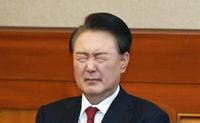
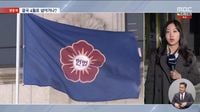
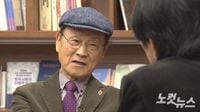
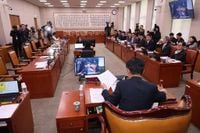
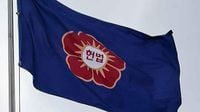
![尹 대통령 탄핵심판, 헌재 4월 선고 가시화 [포토] : 네이트 뉴스](https://thumbor.evrimagaci.org/MZ5AiXr2AFDlRHQS2_qw_unaRAk=/200x0/tpg%2Fsources%2Fcca488b3-efac-4ce3-af35-b9f5d14e93f5.jpeg)
